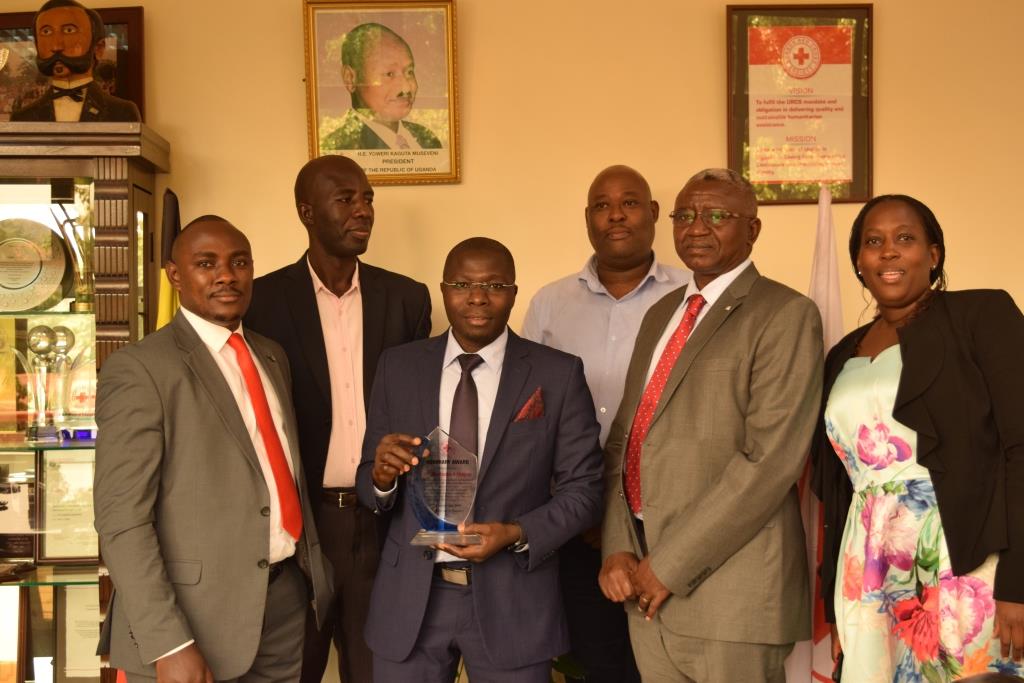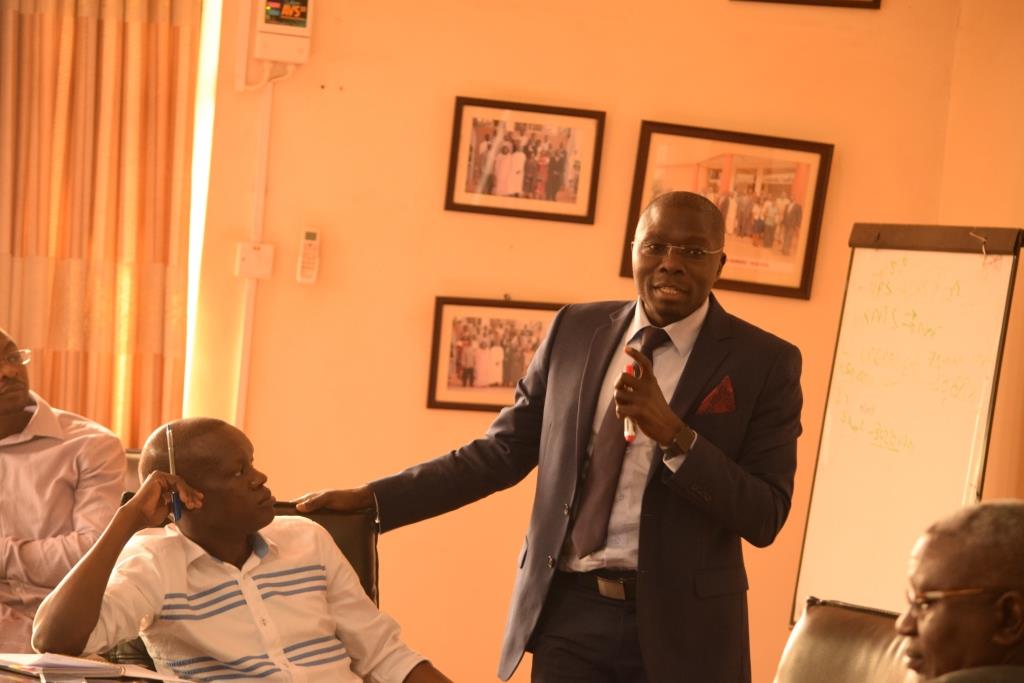A speech by Mustapha B Mugisa, an outgoing URCS Board member, 29th July 2019
The winds of change have not spared the Red Cross Movement. The conditions that existed at the time the Red Cross Movement was founded in 1863 in Geneva Switzerland have changed significantly. The 4th industrial revolution has changed the way people work and communicate. This is a new reality.
The Red Cross Society and Red Cross Movement are changing globally. The change is a result of several shifts that all stakeholders must embrace without delay. The International Red Cross has articulated the future of Red Cross in Strategy2030, with a theme “a platform for change.”
The Strategy 2030 identifies five key global challenges namely:
- climate change;
- crisis and disasters;
- health;
- Immigration and identity and
- values, power, and inclusion.
The strategy 2030 also identifies seven critical transformations that must be implemented across the board.
These are:
- Strong local actors
- A distributed network
- A trusted organization
- Volunteering and youth
- Influencing humanitarian action
- Digital transformation
- Financing the future
How is Uganda Red Cross Society embracing these developments to increase its relevance for sustainable impact?
In the past, working at the Red Cross was easy. Apply as a volunteer. Do your best. Ask for a fulltime job. Come to work early and wait for disasters to happen so that you respond. Inform the Executive Secretary to seek help from international donors and well-wishers to help with the most recent disaster. Go back home tired and relax with a good heart that you have contributed to humanitarian action.

Things have changed.
Every staff must be involved in resource mobilization as part of the day to day activity. Use the morning to think strategically, and the evening to deal with the administration and operational issues. Focusing on resource mobilization initiatives is a strategic imperative. Being accountable for results is the key to winning.
To win any game, a team must score goals. Not conceding is not enough! For that reason, organizations must think hard about growing revenue and that is where most innovation initiatives must focus. How do we increase revenue so that we are never worried about providing humanitarian help to communities that depend on us?
How can URCS make fundraising programs on-going activities other than one-off disaster led efforts? How do you increase sustainable revenue mobilization to strengthen society for unprecedented future success and growth?
Every day you come to work, ask: what have I contributed today to growth URCS’s resource base. An answer to that question is what is needed for long term success.
More questions that must be answered are:
- How do we maintain URCS as the leading provider of safe blood products? How do we enroll more schools and similar leading blood donor communities while partnering with hospitals for innovative blood collection and supply to those who need it?
- How do we optimize social media as a mobilization tool for volunteers, donors, and advocates for unprecedented growth?
- How we support each Red Cross branch throughout the country to be self-sustaining by developing partnerships with respective community leaders and government institutions for a coordinated response to community needs?
- How do we get all the URCS stakeholders involved?
- How is URCS using technology to deliver relief aid and provide humanitarian engagement leadership?
- How are you innovating for growth and value delivery?
Ends.







